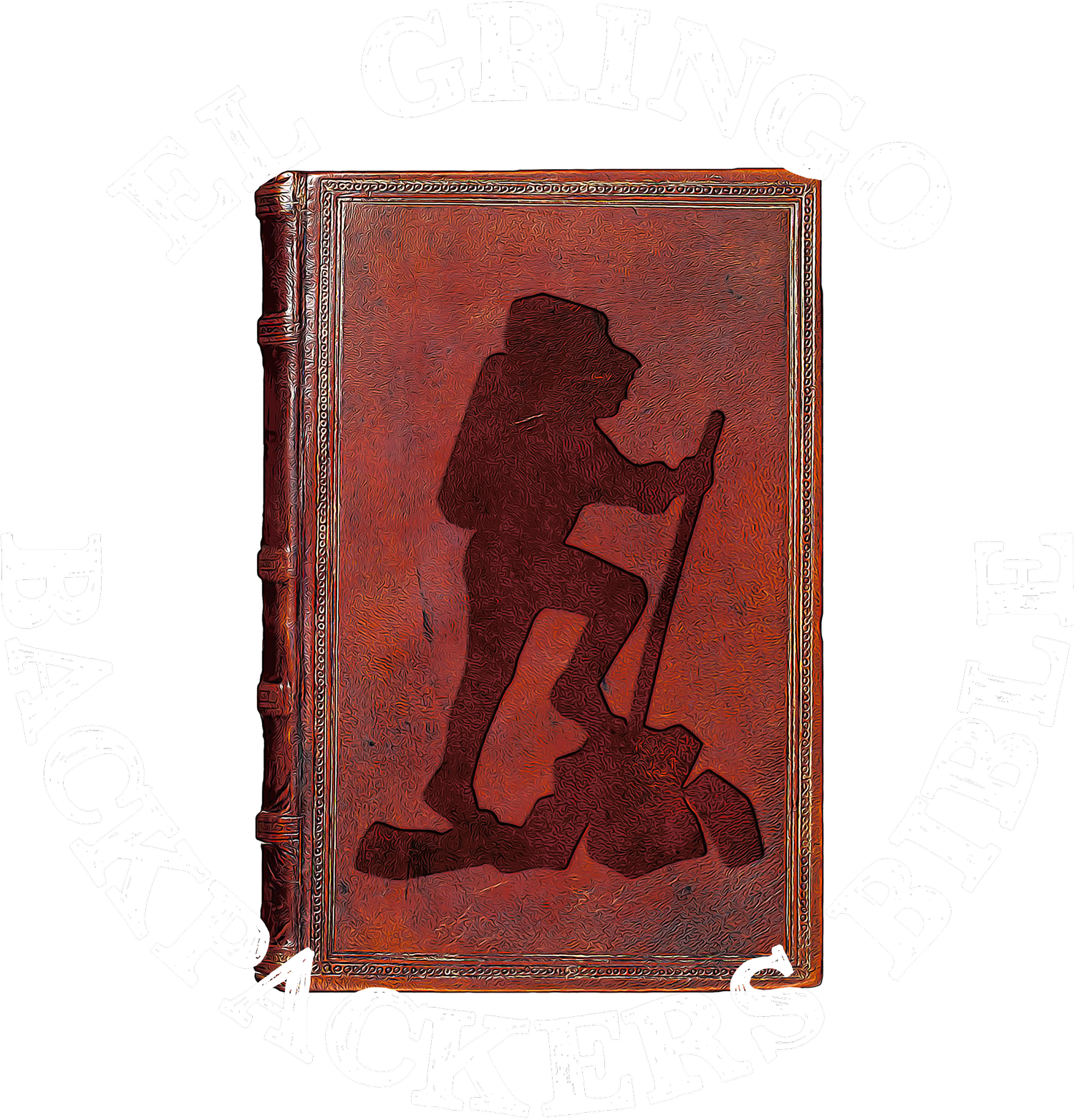
Travel in Colombia:
A Backpackers Guide to Internet, SIMs, and Staying In Touch
Getting Connected In Colombia
Though it often comes as a surprise, connectivity in Colombia is outstanding. Internet speed, mobile network coverage, and affordability are leaps and bounds ahead of other Latin American countries. The country is on the precipice of becoming a true digital-first nation.
Colombia is blessed with super-fast fiber-optic broadband, courtesy of high-tech underwater cables running from Florida to Colombia's Caribbean Coast.
Today, the mobile phone market is one of the fastest-growing in Colombia. There are more mobile phones in the country than there are people. Colombia's major carriers have invested billions into infrastructure to support that growth, resulting in excellent country-wide 4G coverage and plans for 5G rollout gathering pace.
Internet Access In Colombia
Colombia's internet is very fast. It is also accessible and reliable, especially in major cities and towns. While there is plenty of coverage in rural areas, many in the countryside still use internet cafés to get online.
Colombia's internet speed and availability have seen the country establish itself as the digital nomad capital of South America. Medellín, in particular, ranks as one of the best cities in the world for digital nomads. Medellín boasts great internet speeds, plenty of free WiFi in public spaces, a low cost of living, and a bucket-load to explore and do.
Moving away from Medellín, you'll find plenty of co-working spaces across Colombia. The Selina Hostel chain is one such space and a firm favorite amongst backpackers and digital nomads. You can also expect free and fast WiFi in most hostels, cafés, bars, restaurants, and tourist attractions. WiFi is also pretty common on long-haul bus journeys – invaluable for passing the time or getting some work done.
SIMs & Mobile Networks In Colombia
Colombia has three major mobile network operators, controlling over 90% of the market. These carriers have been instrumental in Colombia's mobile network coverage, with 3G coverage across 90% of the country and 4G coverage not too far behind – a monumental feat considering Colombia's vast countryside and rural areas.
You can secure a SIM at the airport when touching down in Colombia. However, prices at the airport are higher than in mobile operator stores. When getting set up with a SIM, we recommend getting set up in a store.
In 2016, the country passed regulations for IMEI registration of all mobile devices. If your device IMEI isn't registered, it will be blocked after 30 days in Colombia, regardless of your carrier. You can register your device in-store while getting set up with a SIM.
Like most countries, Colombia offers monthly and prepaid (prepago) plans. However, acquiring a monthly SIM requires a document called a Cedula. To secure a Cedula, you'll need to apply with a Colombian visa. Because of this, most backpackers rely on prepaid plans from one of the country's three major operators.
Claro
Claro is the biggest operator in Colombia, with a 48% market share – double their nearest competitors. Claro also has the largest mobile network in Colombia and the best coverage. Notably, it is the only carrier with solid coverage across the La Guajira peninsula.
Some examples of prepaid plans with Claro include:
1.5GB for seven days – 6,500 COP
2GB for ten days – 8,000 COP
4.5GB for twenty days – 13,000 COP
Movistar
Movistar is part of the Telefónica brand and is the second-largest mobile operator in Colombia, with a market share of about 23%.
Some examples of prepaid plans with Movistar include:
2.5GB for seven days – 12,000 COP
10GB for seven days – 36,000 COP
40GB for thirty days – 59,990 COP
Tigo–Une
Tigo-UNE is Colombia's third-largest mobile network, with an 18% market share.
An example of a prepaid plan with Tigo-UNE:
5GB for seven days – 10,000 COP
It's easy to top-up prepaid plans in Colombia. It can be done using your phone via text, at one of your operator's physical stores, or just about any newsagent in the country.
Why Staying Connected In Colombia Is Important
When connected, your phone can be your best friend in Colombia.
If you ever find yourself in a situation where you don't feel entirely safe, share your location with friends, family, or even your hostel.
If wary of getting into a street taxi, take a photo of the number plate and share it with a friend. Even better, book an Uber, especially if you need to get to your hostel after dark in a big city.
Civil unrest in Colombia has increased in recent years. Staying connected ensures you're aware of any unrest or protests and can avoid them.
Like the rest of the world, the country is subject to rapidly changing COVID restrictions. Staying up to date with the COVID situation in Colombia means you can react to any changes.
You Might Also Like
Travel Insurance
The reality of travel isn't what you see on an Insta feed or in a Lonely Planet guide. Things go wrong, and shit hits the fan when they do. Find out why you need travel insurance, what it covers, costs, and where to get it.
Colombia Travel Tips
Is Colombia Safe? What’s Colombian food like? How do I get around? What’s the visa situation? Do I need any vaccinations to visit Colombia? Get the answers you’re looking for and lots more on our Colombia travel tips page.
Ultimate Packing List
Packing for South America can be a nightmare. It's a huge continent, with many countries and climates to plan for. Our packing list covers the budget backpacker, the frugal backpacker, the flashpacker, and the digital nomad.








